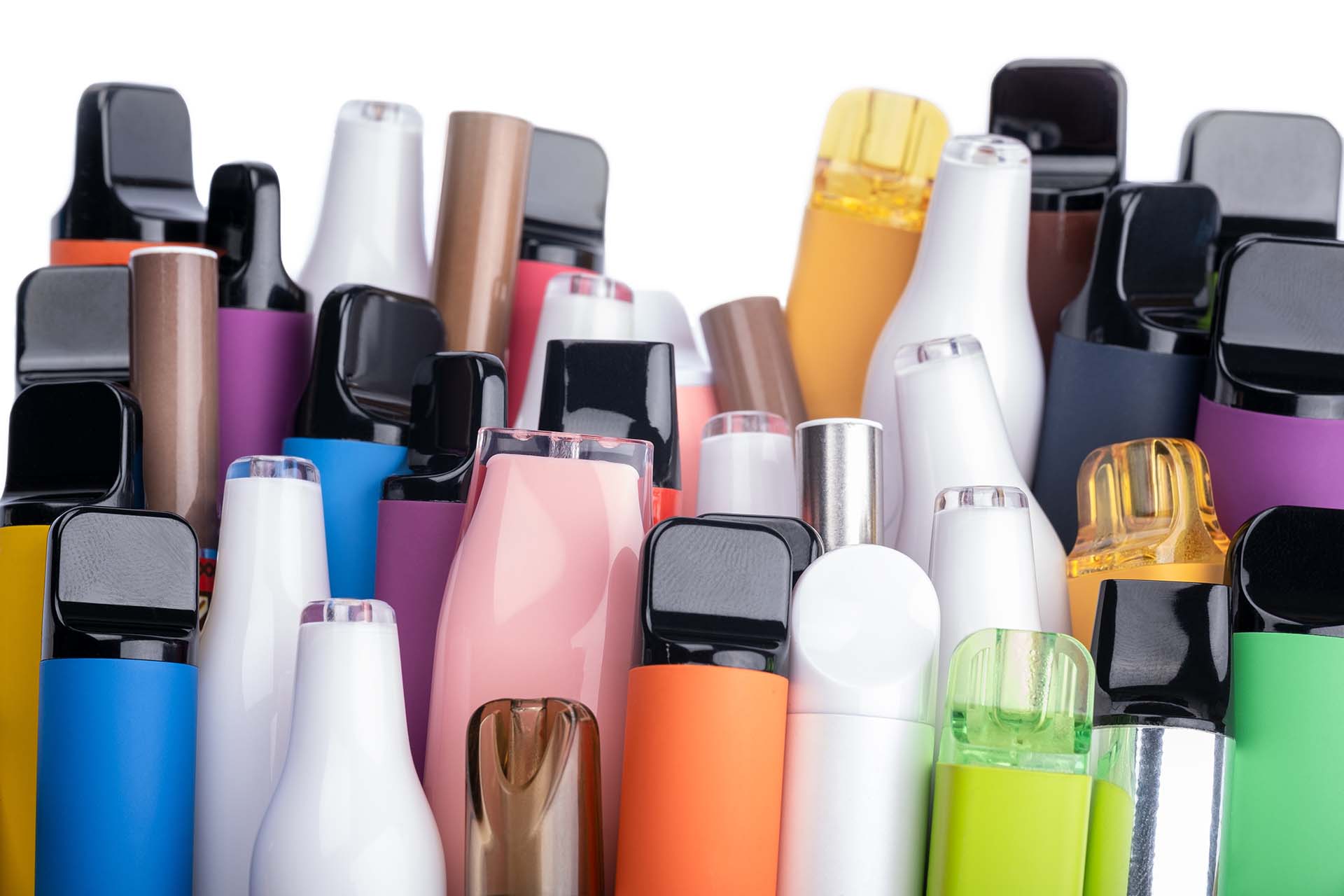The vaping industry is facing a significant environmental and regulatory shift as countries begin to reflect on the convenience of disposable vapes against their considerable waste and potential health risks.
The Controversy Surrounding Disposables
The meteoric rise of disposable vapes has been accompanied by controversy. On one hand, enthusiasts praise the convenience and reduced health risk when compared to traditional combustible tobacco. On the other, the industry’s heavy reliance on plastics and fears of an ‘addiction conveyor belt’ to traditional smoking, particularly in youth, have been alarming to policymakers and environmentalists.
Environmental Concerns
One of the most pressing issues policymakers have been warning about with disposable vapes is the environmental impact. Landfills are increasingly burdened with single-use plastics, and vaping devices are no exception. The lithium-ion batteries and various metals and plastics that construct these devices pose a significant problem for waste management and have long-lasting implications for the environment.
Protection of Minors
The compact and often brightly-coloured design of disposable vapes is at the heart of another concern – their appeal to minors. While there has been much debate on the topic, governments have been quick to pin the rise of under-age vaping on disposable vapes. The ease with which these products can be concealed and handled triggers fears of a new generation addicted to nicotine.
Belgium’s Ban and Its Implications
Joining the fold of nations seeking to address these concerns, Belgium has pledged to ban disposable vape products. This prohibition is set to cover both nicotine and nicotine-free variants, making it one of the most comprehensive bans yet seen in this domain. The Belgian government, reflecting public sentiment and health concerns, is expected to publish the ban legislation around May to June 2024, with a tentative start date of January 1st, 2025.
The Ban’s Scope
The prohibition will affect a broad range of disposable devices, including popular brands that currently dominate the market. The decision to include nicotine-free products is an important distinction, signalling that this ban is as much about health as it is about the environment. For Belgium, this decision could provoke change on multiple fronts, catalysing infrastructure for and consumer confidence around more sustainable alternatives.
Industry Response
Brands and manufacturers are scrambling to reassess their product lines in response to these bans. The shift away from disposables will necessitate a pivot toward more sustainable and reusable options such as rechargeable kits and E-Liquid refills. The Belgian market, as a result, is poised for a transformation that requires agile and forward-thinking leadership from industry stakeholders.
Retailer Resilience
Vape retailers play a critical role in the market, acting as gatekeepers to consumers. They will need to rapidly adjust their inventory, information management, and even staff training to accommodate the transition toward non-disposable products. This implies significant investment and rethinking of business models for some who only deal in disposable products.
Preparing for a World without Disposable Vapes
The upcoming ban in Belgium is not an isolated incident. Countries around the world are wrestling with the same issues, and similar legislation is anticipated elsewhere. For the vaping industry, this is a compelling signal to anticipate and prepare for change.
Innovating Away from Disposables
The ban on disposable vapes creates an innovation opportunity for companies within the vaping sector. By now, it’s clear that the old ‘take, dispose-of, and repeat’ model is untenable. Thus, there’s room for innovators to step up and find new formats and materials that don’t contribute to environmental problems and provide even more benefits to customers.
Navigating New Regulations
Regulatory changes can be overwhelming, particularly for smaller players in the market. Staying informed and engaged with the policymaking process is crucial. This ensures that when new regulations are introduced, businesses are not caught off-guard and can pivot strategically. Working with reputable manufacturers like us here at Xyfil, who work in tandem with brands across the globe, can help ease the burden of regulatory changes and make fast, efficient changes to keep your brand afloat.
Educating the Public
With the inevitable shift away from disposables, there’s a responsibility to educate consumers about the changes and the reasons behind them. The public needs to become aware of the solutions that the industry is providing, and educate why these are essential, to help avoid a potential black market situation.
The Role of Sustainability
Sustainability is becoming a key differentiator in the market. Consumers are increasingly seeking out brands and products that align with their values, and this is true in the vaping industry as well. Companies that lead the charge in sustainability stand to benefit from a positive image and potentially, new market opportunities.
Conclusion
Belgium’s move to ban disposable vapes is a clear sign of a broader shift happening within the vaping industry. While they are not the first they will unlikely be the last. Perhaps it’s time to make changes to combat these regulatory shake-ups, rather than trying to cling to what was before.
For brand owners and vape retailers, the proactive response to these changes will be pivotal – ensuring not just compliance but also market relevance and growth in a landscape that is rapidly transforming. The disposable vape ban is more than a regulatory issue; it’s a call to redefine the essence of the vaping experience, integrating it with the values of personal and environmental health, as well as the long-term sustainability of the industry.

